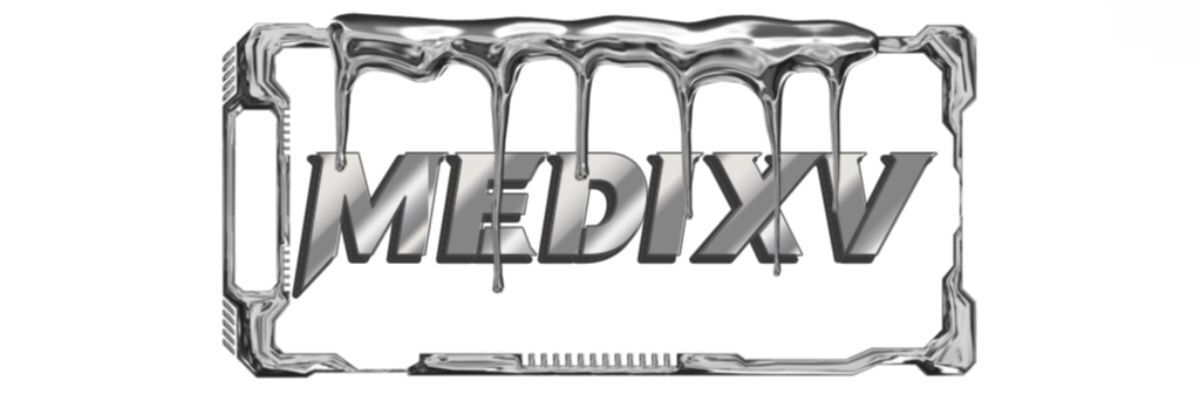Methyl Methacrylate Manufacturing: Batch Process vs. Continuous Process
The production of methyl methacrylate (MMA) plays a significant role in various industries, including plastics and coatings. As demand for this versatile compound continues to grow, manufacturers must choose the best production method. The two common approaches are batch processing and continuous processing. Each method has its own unique benefits and challenges.
Want more information on methyl methacrylate manufacturing process? Feel free to contact us.
Understanding the Methyl Methacrylate Manufacturing Process
Methyl methacrylate is primarily produced through the esterification of methacrylic acid. This can occur via two main production methods: batch process and continuous process. Understanding these methods helps manufacturers optimize their operations and meet market demand efficiently.
Batch Process: A Closer Look
The batch process involves producing MMA in fixed quantities. In this method, raw materials are combined and reacted for a set period. Once the reaction is completed, the product is cooled, and the system is cleaned before the next batch.
Advantages of the Batch Process
Flexibility: The batch process allows manufacturers to rapidly switch between different products. This is particularly beneficial for companies producing specialty or smaller quantities of MMA.
Quality Control: Since batches are produced separately, quality can be closely monitored. Any issues can be addressed immediately, ensuring product consistency.
Lower Initial Investment: Setting up a batch process can require less capital investment than continuous systems. This makes it an attractive option for small-scale operations or startups.
Continuous Process: A Streamlined Approach
In contrast, the continuous process involves a constant flow of raw materials into the system. This method maintains a steady output of MMA, utilizing continuous reactions rather than separate batches.
Advantages of the Continuous Process
Increased Efficiency: Continuous processing typically leads to higher production rates. This can significantly reduce production costs over time, making it a preferred choice for large-scale manufacturers.
Lower Operating Costs: Operating machinery continuously can lead to less downtime. This is particularly advantageous in reducing labor and energy costs.
Consistent Quality: With a continuous flow, the quality of MMA remains consistent. Automated monitoring systems can ensure that production standards are maintained throughout the process.
Factors Influencing the Choice of Production Method
Several factors impact the decision between batch and continuous processes in methyl methacrylate manufacturing.
Production Volume: For high production volumes, continuous processing is often more economical. In contrast, lower volumes benefit from the flexibility of batch processing.
Product Type: Manufacturers producing various MMA grades may prefer batch processing. Conversely, those focusing on standard, high-volume products may lean toward continuous methods.
Investment Capacity: Companies with limited capital may start with batch processes and later expand into continuous systems as they grow and understand market demand.
Conclusion: The Future of Methyl Methacrylate Manufacturing
Both batch and continuous processes have distinct advantages in methyl methacrylate manufacturing. The choice largely depends on production needs, volume requirements, and investment capabilities. As technology advances, we may see even more innovations in MMA production.
Ultimately, understanding the distinctions between these methods enables manufacturers to make informed decisions. With growing interest in sustainable and efficient production methods, both approaches offer pathways to success. The future of methyl methacrylate manufacturing looks promising, driven by the need for quality, efficiency, and adaptability in a dynamic market. Embracing the most suitable manufacturing process will lead to significant benefits for businesses and industries alike.
Contact us to discuss your requirements of Methanol-to-Olefins (MTO) Technology. Our experienced sales team can help you identify the options that best suit your needs.


Comments
0